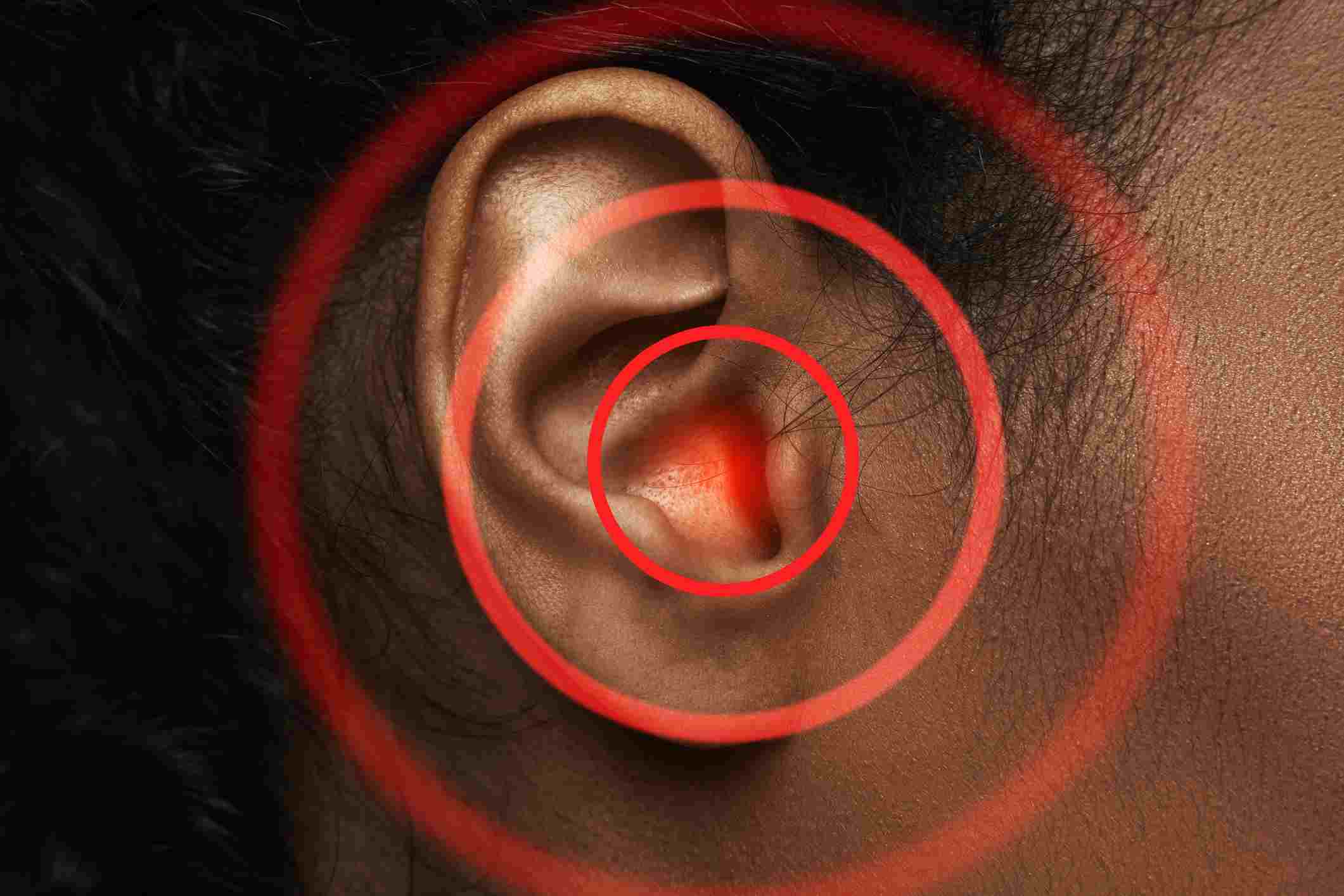Tips for Managing Tinnitus
Do you hear a sound in your ear that has no reason to be there? If you answer yes to this question, you along with 50 million other Americans this year have some degree of tinnitus.

Understanding Tinnitus
Tinnitus is a disorder in which a person hears noises such as buzzing, ringing, clicking, or the sound of a pulse when no outside sound is causing them. This is a disorder that has no known cause but there are several theories that could explain tinnitus. The most popular theory is that sensory cells that lie within the cochlea are unable to direct signals to the brain because of irritation or damage. Tinnitus can also be caused by: an accumulation of wax buildup in the ears; ear infections where bacterium becomes lodged within the auditory tubes; blood flow changes caused by anemia or high blood pressure; Meniere’s disease that reveals itself in the inner ear of one ear and marked by pressure and/or pain, vertigo, and a ringing sound; temporomandibular joint disorder; unusual growth of bone around the stapes in the middle ear; injuries to your head or neck like whiplash; Eustachian tube dysfunction where the tube stays open instead of closed; ototoxic medications that have a side-effect of tinnitus; a ruptured eardrum; the exposure to loud noises; and smoking are some of the most frequent signs of tinnitus.
Tips for Managing Tinnitus
The best way to have to not rectify tinnitus is to not have tinnitus to begin with. To help in the prevention of tinnitus you can: reduce exposure to extremely loud noise; avoid total silence; decrease salt intake; monitor your blood pressure; avoid stimulants such as caffeine and nicotine; exercise; reduce fatigue; manage stress; and educate yourself. There isn’t a root cause of tinnitus, but there are several effective ways to manage your tinnitus. First you may try auditory habituation where low-level sound generators produce broadband noise so the brain perceives both the low-level sound and the tinnitus with the hope that the brain relearn a pattern that de-emphasizes the tinnitus. Acoustic therapy may also be used to cover up the tinnitus in one of six ways: a sound generator that produces white noise; a tinnitus instrument that is a combination of hearing aid and sound generator. Hearing aids to amplify external sounds; a portable sound generator; home masking with the use of electric fans, radios, and/or television. Music therapy is used to soothe the limbic system and stimulate the auditory cortex. To minimize this you may also use amplification in the form of a hearing aid or masker that amplifies the background noise and lessens the tinnitus.

Support and Coping Strategies
Most patients that have been diagnosed with tinnitus report that there is much of a mental challenge with tinnitus as the physical challenges that come with the disease because it is a constant sound in the background of your life. To help with the mental side of tinnitus it is important to be involved in group therapy that centers around tinnitus. When you share your experiences with people who struggle with the same issues you do, you feel less alone. Individual counseling can help as well where you can learn about thought control, habituation therapies, relaxation techniques, and stress management. You may also want to try sound therapy where you play comforting sounds to mask the irritating noise. Breathing techniques and meditation can also be used to help reduce the anxiety and stress triggered by tinnitus. It is also best to avoid situations where there will be loud noises, but if you have to be present where there is loud noise use earplugs and earmuffs. Neuromonics is also used to treat tinnitus by training your brain to filter out tinnitus disturbances through playing modified music that is embedded with acoustic neural stimulus.
Professional Tinnitus Management at Florida Gulf Coast Hearing Center
Our team regularly evaluate and rule out certain causes to find a treatment option that works best for you. At Florida Gulf Coast Hearing Center . we use advanced hearing tests to rule out serious causes of tinnitus like tumors but these tests will also allow us to discover if the tinnitus is being caused by a treatable medical condition. If so, the tinnitus can be treated and can effectively stop your head noise all together. Each tinnitus evaluation will be created to meet your specific needs to rectify your tinnitus. In each of our centers we have the ability to provide: sound therapy, counseling, and hearing aids with tinnitus masking features.
Please contact us at today so that we can begin to rectify your tinnitus with a hearing evaluation. We have offices in Naples, Estero, and at Physicians Regional Hospital to be suit your hearing needs.

